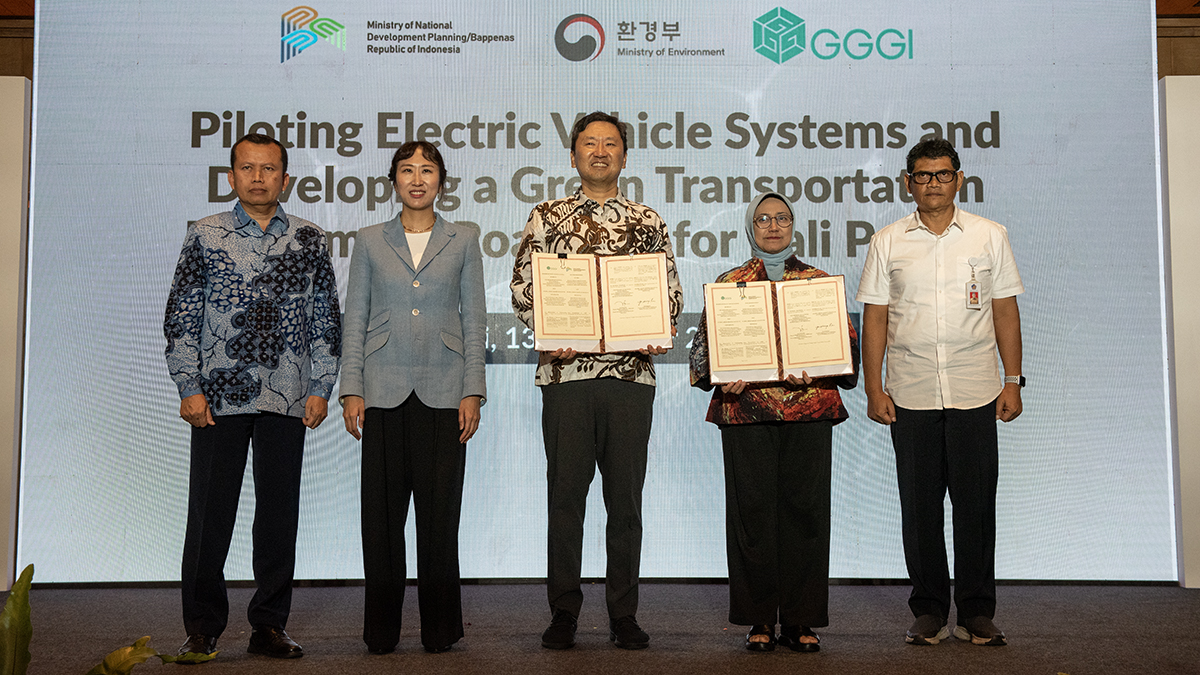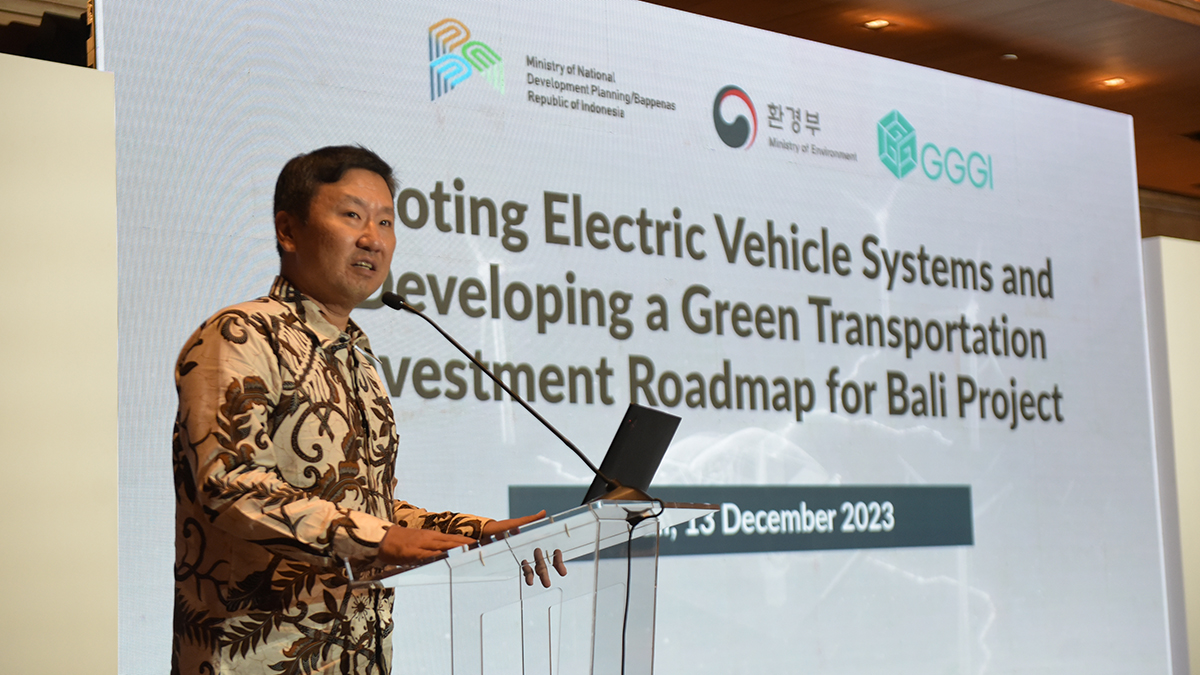Supporting the Adoption of Economic Instruments to Manage Watershed Protection in Wain River and Manggar River
GGGI is supporting the Bongan Forest Management Unit (FMU) of Balikpapan City, East Kalimantan to identify suitable economic instrument(s) and develop business models to help protecting critical watersheds in Wain River and Manggar River.
Incidences of water shortage, sedimentation and pollution are found in the two watersheds—which are essential water sources to Balikpapan City and surrounding areas. The goal is to adopt an economic instrument and develop funding mechanisms to protect and improve overall water services, by closing the loop between those who benefit from and those who maintain such services.
The application of economic instruments is governed by Government Regulation No.46/2017 (PP 46/2017) on economic instruments for the environment. Currently a directive regulation is being formulated by the Directorate of Environmental Impact Prevention for Regional and Sectoral Policies (PDLKWS) of the Ministry of Environment and Forestry (KLHK) on Payment for Environmental Services (PES). This project will serve as a pilot project to inform the design of a ministerial decree draft and to test FMU’s readiness in implementing economic instruments.
The first focus group discussion (FGD) was initiated in Jakarta on 25 October 2018, with the aim of gathering and coordinating legal and technical advice from KLHK, research institutions and academic experts on the proposed instrument based on GGGI’s concept note. Based on the stakeholder analysis, two state-owned enterprises (SOEs) were identified to be the main beneficiaries of water services that are willing to pay for an enhanced water quantity and quality to be delivered by communities through catchment area and riverbanks rehabilitation activities. Bongan FMU here acts as the coordinating, targeting, and managing agency of such activities to be conducted within the Wain River and Manggar River protected forest. This scheme fits the PES framework—one of instruments outlined in PP 46/2017. Rahayu Riana, the Deputy Director for Environmental Economic Planning of KLHK, pointed out that PES can be an environmental safeguard in the planning process and to complement existing command-and-control policies.
The second FGD was hosted by Bongan FMU and the Center for Management of Kalimantan Ecoregion Development (P3E Kalimantan) in Balikpapan, 26-27 February 2019, to gather all local stakeholders directly involved with watersheds, including regional and local environmental agencies, SOEs, and local NGOs. The two-day event started with a field trip to Wain River and Manggar River to gain insights on current economic activities as well as conservation efforts by the two SOEs. Observations on the optimal quality of environmental services demanded, potential cost entailed, and targeted activities to be delivered were in particular crucial inputs for the FGD on the following day. Such matters represent main responsibilities that the stakeholders would have to meet if the instrument is to be implemented. The FGD concluded with a consensus to proceed with the application of PES scheme in Manggar River, commencing with a feasibility study to be conducted by GGGI.




